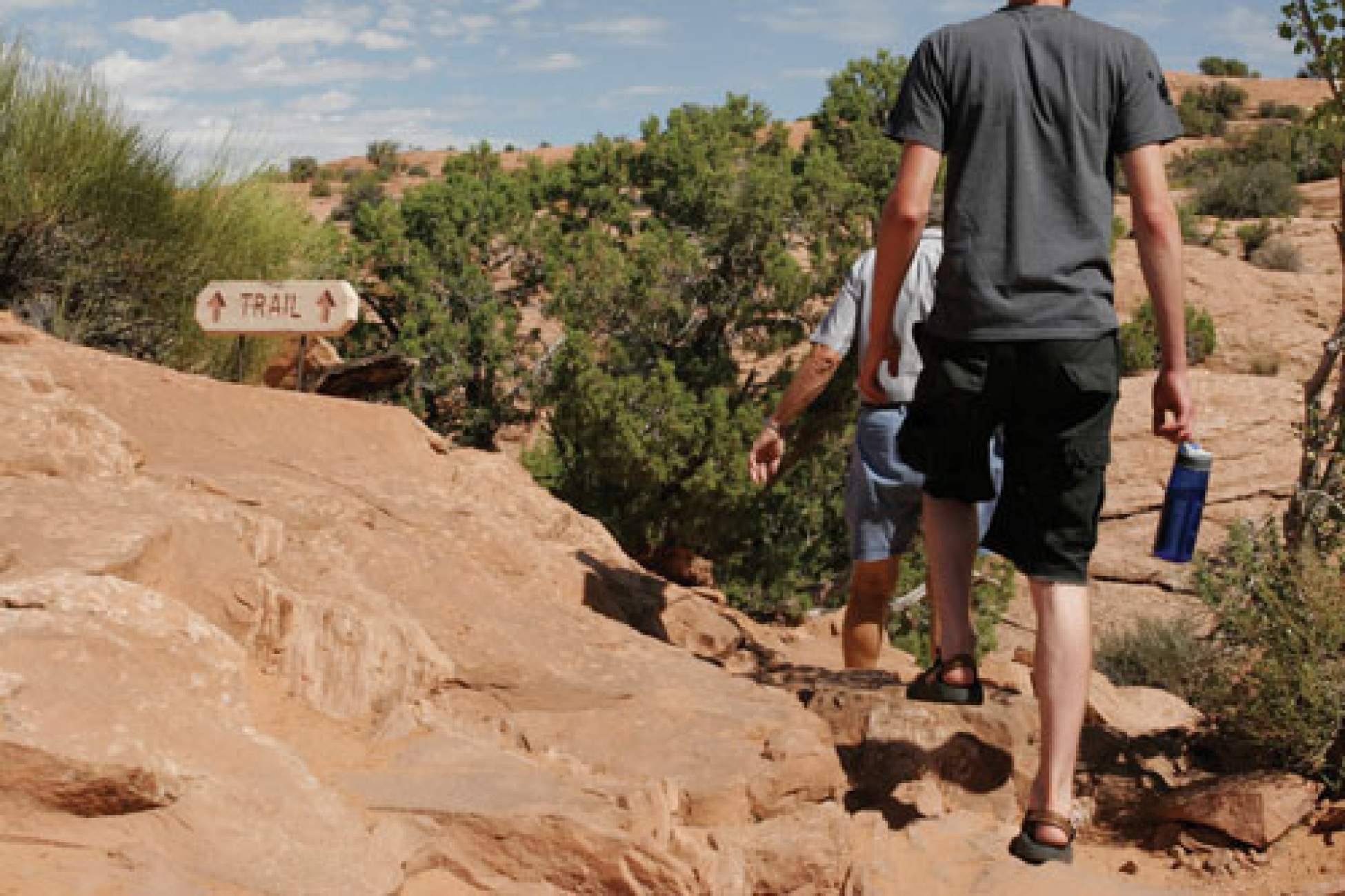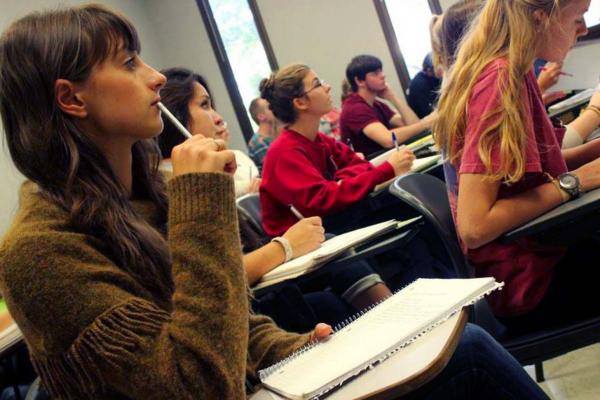Can you remember the last time you passed an overheated car on the highway, steam spewing from under the hood, and four letter words coming from the driver's mouth? Well exertional heatstroke is something like that. But it is not merely an inconvenience. It may be life threatening.
The human body has many mechanisms which we take for granted, and the ability to maintain a constant body temperature in spite of the variations in ambient temperature is one of the most important. Its first tool to regulate temperature is to redirect blood flow to the skin to allow it to radiate some of the excess heat into the environment. Then we sweat, hopefully a lot. As the sweat evaporates (which is difficult on a humid day), it cools us down.
Exertional heatstroke (EHS) occurs when the excess heat, generated by muscular exercise, exceeds the body's ability to dissipate it. In other words, the body's heat-regulating mechanisms fail. This, in turn, leads to neurological, blood and circulatory problems.
EHS is not commonly seen in those who sit quietly in the shade under their sombreros, sipping iced tea and Coronas. Rather, it occurs in people who engage in strenuous physical activity for a prolonged period of time in a hot and often humid environment. Possibly someone like you volunteering in the tropics.
The symptoms and signs of EHS include:
• hyperthermia - elevated temperature above 40.6 degrees Celsius;
• sweating (this may be absent in other forms of heatstroke);
• abdominal and muscular cramps, nausea, vomiting, dizziness, headache and weakness;
• confusion - the person may be irritable, aggressive or convulsing;
• as this is happening, there may be deterioration in blood, kidney and liver functions.
Fever and confusion may occur in other conditions in the tropics, and I have seen EHS be mistaken for malaria, meningitis and even Lassa Fever.
Prevention should be easy. Be like the locals. Stay in the shade. Wear loose, cotton clothing and a hat. Drink plenty of fluids. If you are exerting yourself, rest often and if you must exert yourself, try to do it during the cooler times of the day. Consider a siesta!
What should you do in a true emergency when someone is suffering from heatstroke?
Remember the following:
• move the person into the shade and remove all restrictive clothing;
• immediately begin cooling, as the longer hyperthermia persists, the poorer the outcome;
• water may be sprayed over the patient, or ice packs (if available) may be placed in the armpits and groin;
• fan the person;
• avoid medications; and,
• evacuate the patient for medical care as soon as possible.
When treatment is delayed or inappropriate, the mortality rate from heatstroke may be as high as 80 percent. This can be lowered to 10 percent if the condition is recognized early and proper treatment is initiated.
Thankfully, not everything that happens in the heat is such an emergency. Heat exhaustion is much milder, without the fever and mental confusion. Treatment is the same as for EHS. Heat syncope, or good old fashioned fainting, can occur but tends to be most common among those standing at attention dressed in a tight uniform in the extreme heat. Their peripheral blood vessels dilate so that less blood returns to the brain where it is needed and down they go. The treatment is to lie them down and elevate their legs.
As always, an ounce of prevention is worth a pound of cure. Enjoy your time volunteering in the tropics. But stay cool!
Mark Wise is a family doctor in Toronto, specializing in travel and tropical medicine. He is the director of The Travel Clinic and acts as medical advisor to numerous NGOs and is on the board of Canadian Feed the Children. He has travelled to most of the places where you might consider volunteering.
Add this article to your reading list




